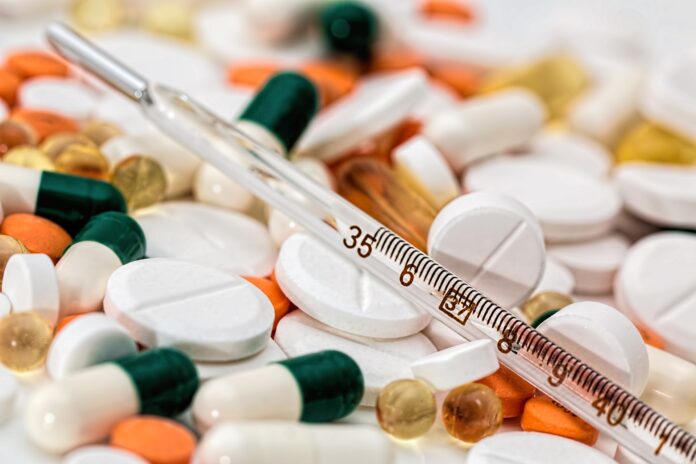2022 was the second-deadliest year in BC’s history when it came to the illicit drug crisis.
According to data released by the BC Coroners Service, 2,272 people province-wide passed away from toxic drugs – a small decline from 2021’s record-setting number of 2,306.
Sadly, it was a record-setting year for toxic drug deaths in our region. Northern Health posted 181 drug poisoning fatalities, with 81 of those occurring in Prince George.
PG capped off 2022 with the seventh-highest number of overdose deaths by city, trailing Vancouver (562), Surrey (232), Greater Victoria (157), Kamloops (90), Abbotsford (88), Kelowna (87).
Our health authority also had the highest drug toxicity death rate among all the health authorities with a rate of 59.5 per 100,000 people – nine points higher than Vancouver Coastal, which came in at 50.5.
“British Columbians across the province are continuing to experience tremendous harm and loss as a result of the province’s toxic illicit drug supply,” said Lisa Lapointe, chief coroner. “Our province continues to lose an average of six lives every day, and many more people experience serious health consequences as a result of the unpredictable, unregulated drug supply. Death due to drug toxicity remains the leading cause of unnatural death in British Columbia, and is second only to cancers in terms of years of life lost.”
In November and December a combined 392 illicit drug deaths took place in BC – that equates to an average of 6.4 deaths per day on average.
Since January 2021, Northern Health has documented 338 substance-related deaths which are over 14 per month – this continues to outpace the Greater Victoria area, which only saw 298 fatalities over the same time period.
In terms of the Health Service Delivery Area, the Northern Interior, which includes PG-Quesnel-Burns Lake and the Robson Valley had the third-highest drug toxicity death rate of 65.7– only Vancouver (77.6), Northwest (69.5) ranked higher.
The Coroners Service noted 70% of those who died in 2022 were between the ages of 30 and 59.
One fatality occurred at an overdose prevention site last year.
“The reality is that these deaths are preventable,” Lapointe said. “Toxicology data confirms that the drug supply in British Columbia is increasingly volatile and life-threatening. The Standing Committee on Health and two BC Coroners Service death review panels are in agreement that we must rapidly increase access to a safer supply of substances, while at the same time, building out a robust system of evidence-based care. Those dying are our family members, neighbours, friends and colleagues. Urgent action is required to reduce the significant risks that tens of thousands of British Columbians are currently facing.”
Today (Tuesday), drug decriminalization takes effect in BC where adults will no longer be arrested, charged, or have their drugs seized if they are in possession of under 2.5 grams of certain drugs.
The drugs included in the decriminalization include opioids, cocaine, methamphetamine, and MDMA.
However, drug possession in any amount will also continue to be illegal on K-12 school grounds and at licensed childcare facilities.
Health Canada has granted the province a three-year trial period, which begins on Tuesday and will run until Jan. 31, 2026.



